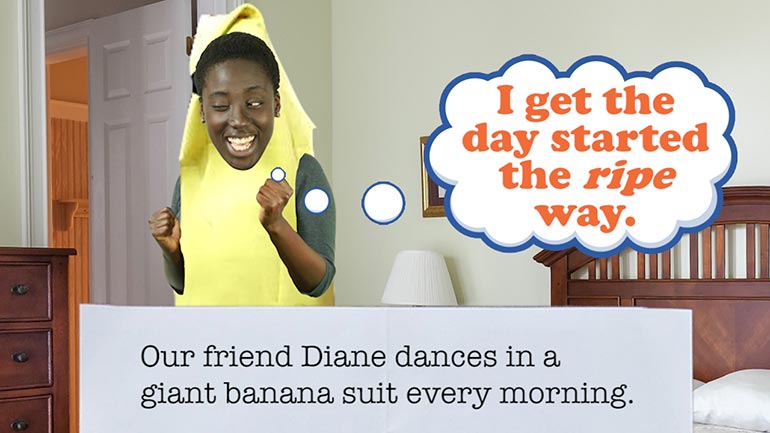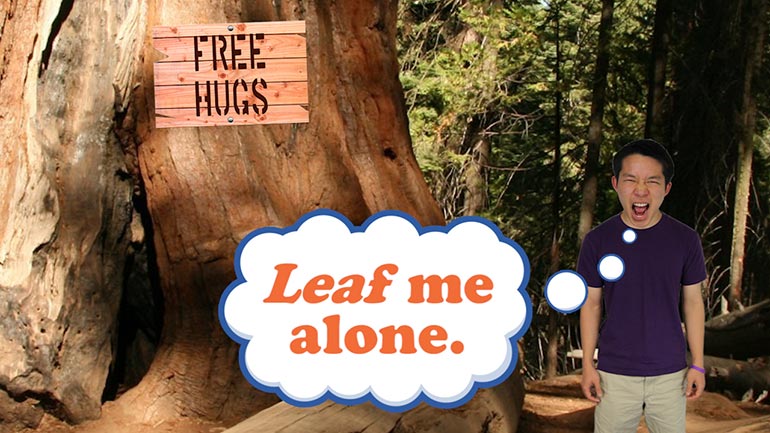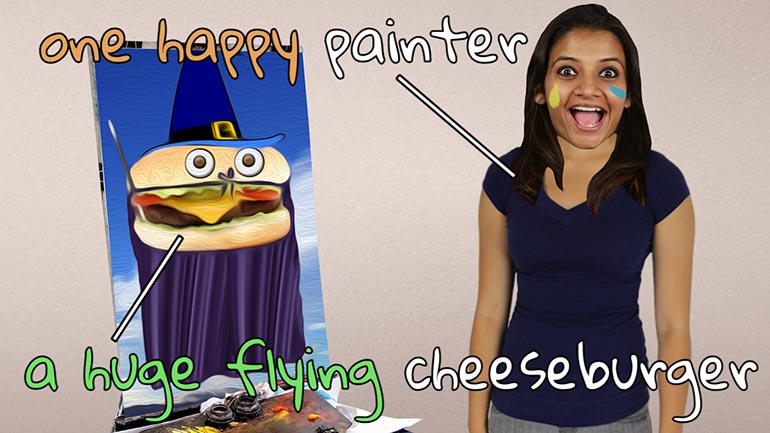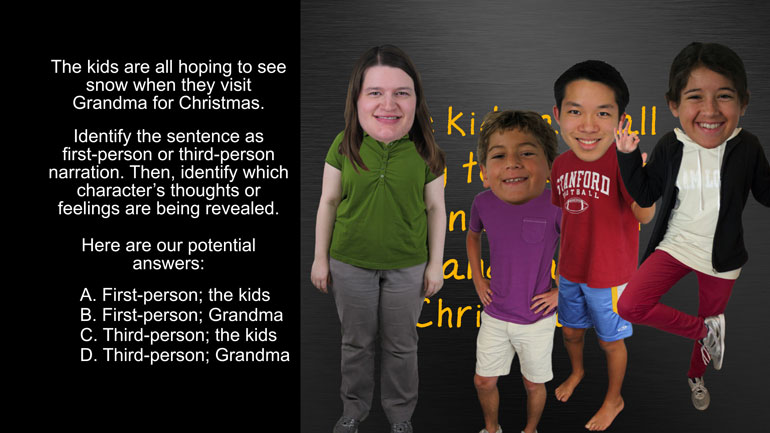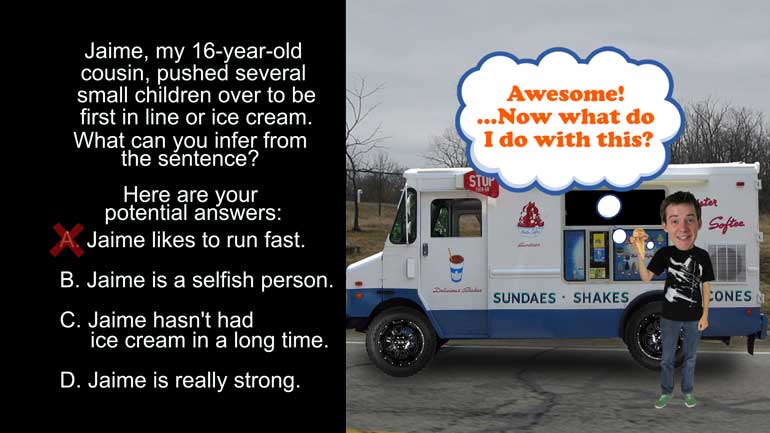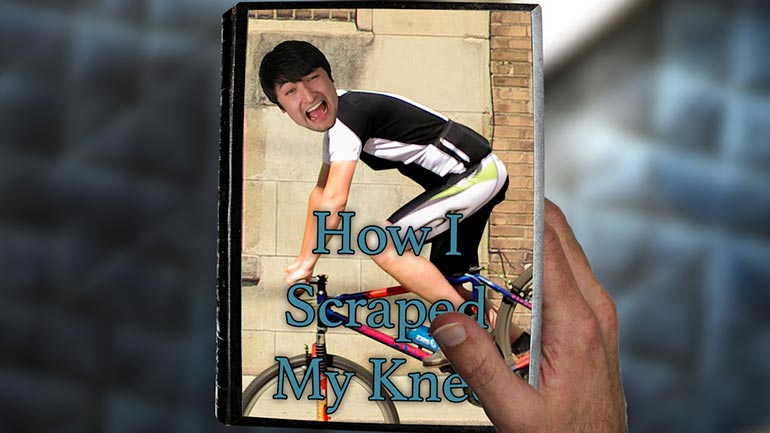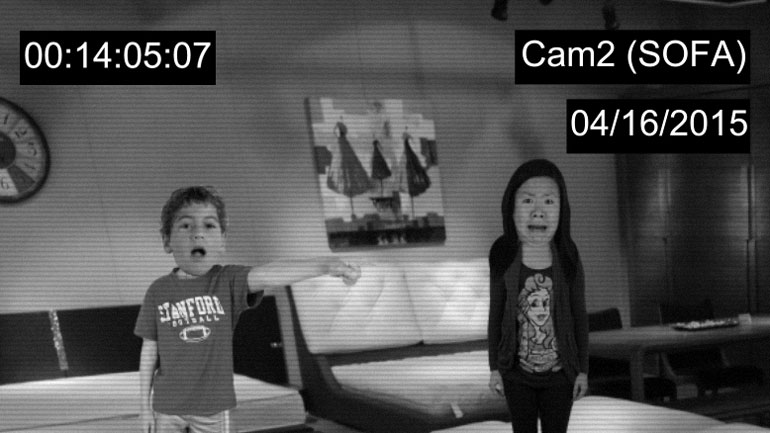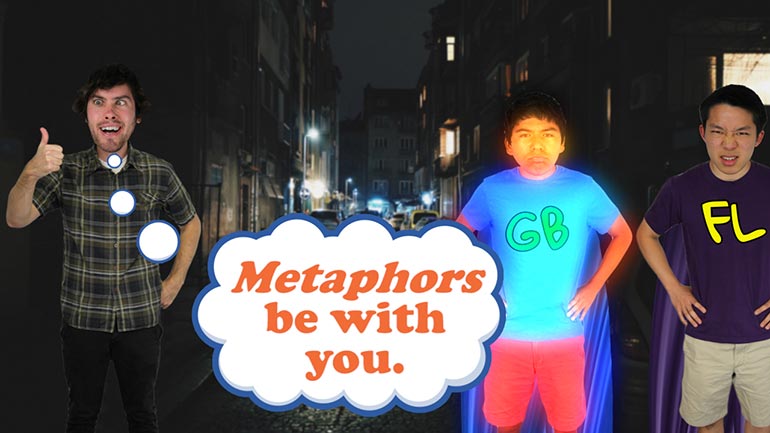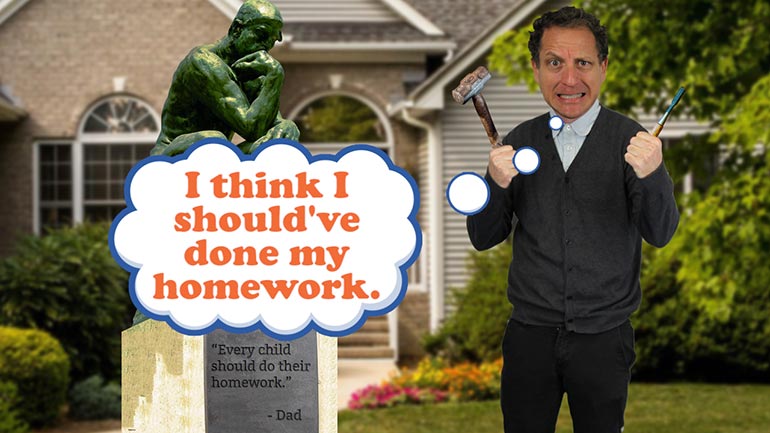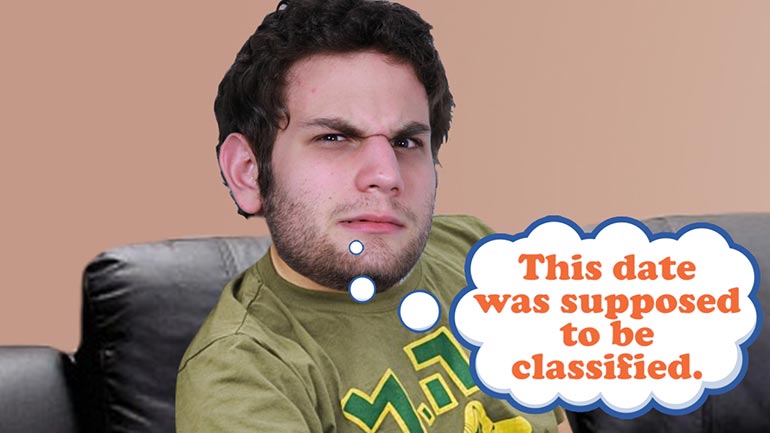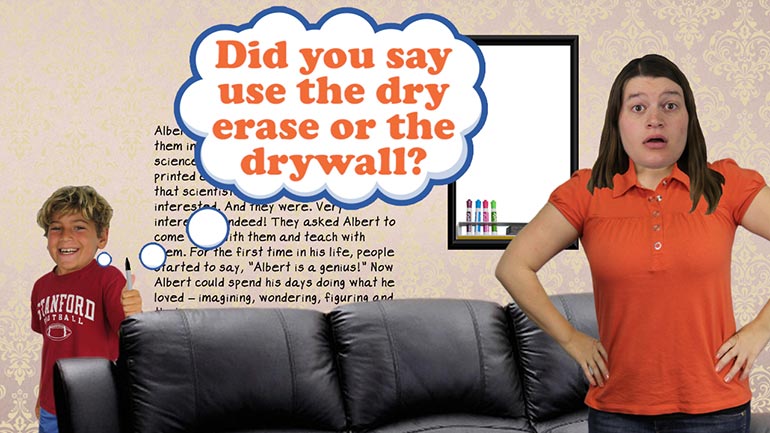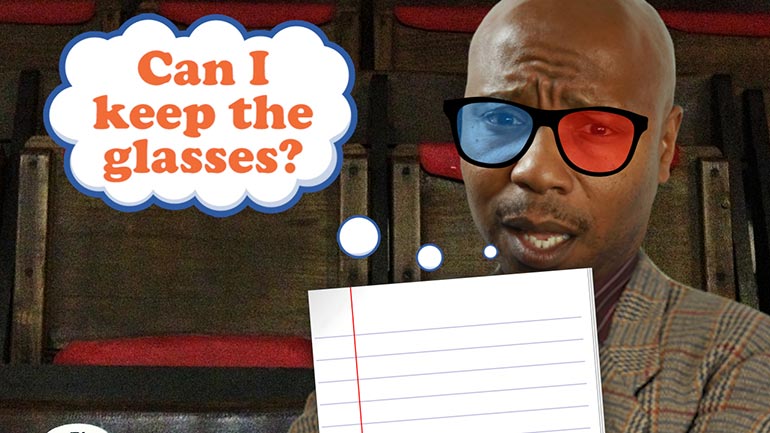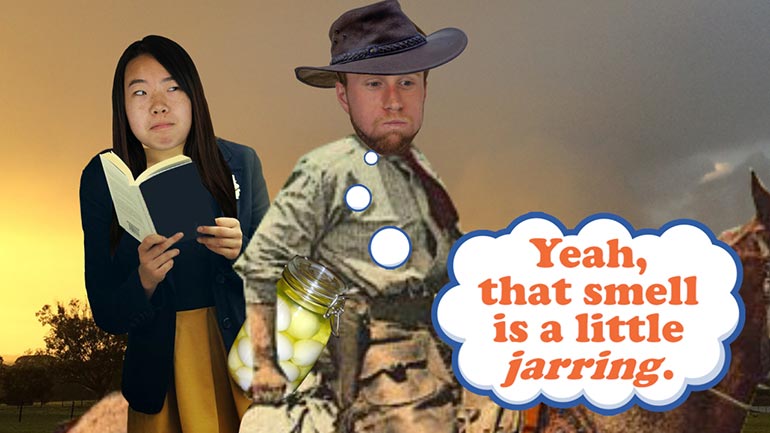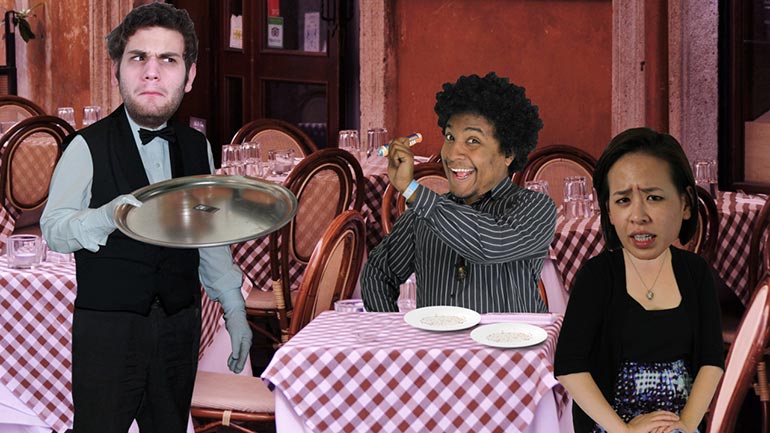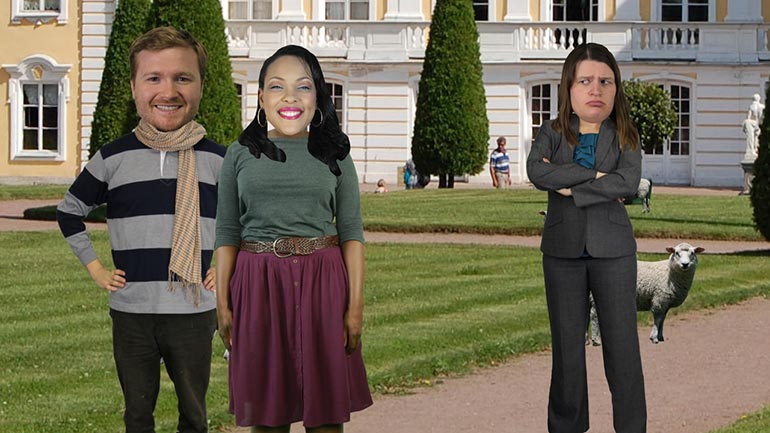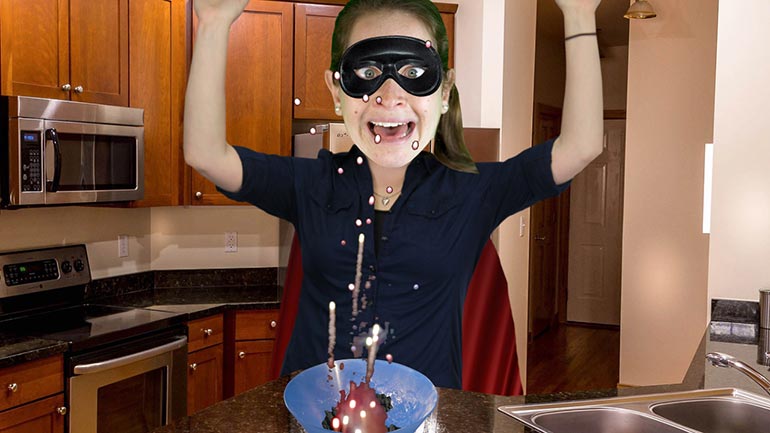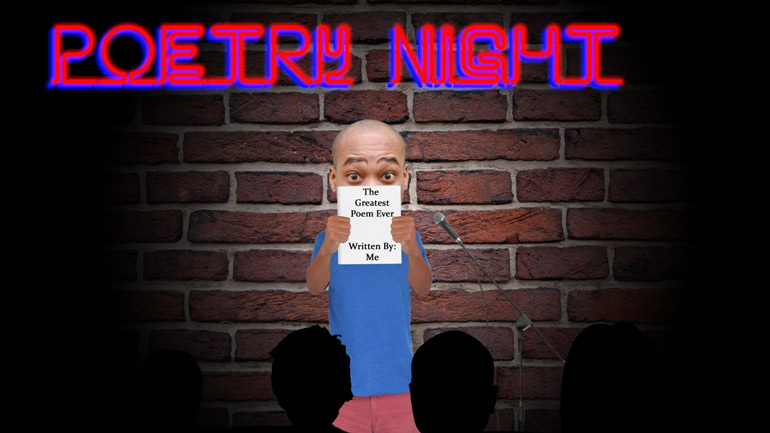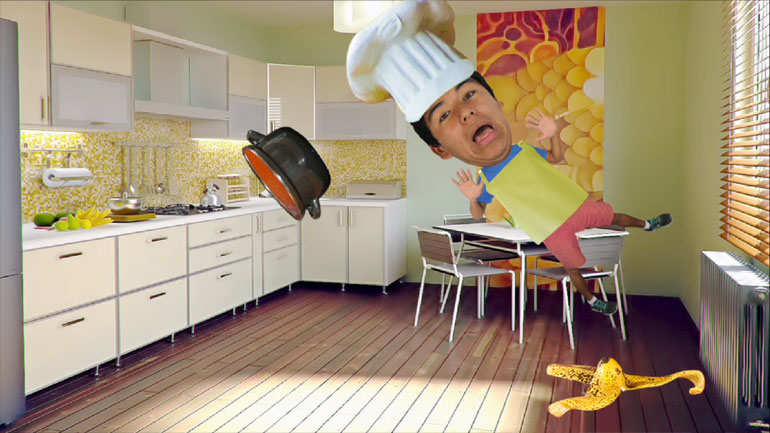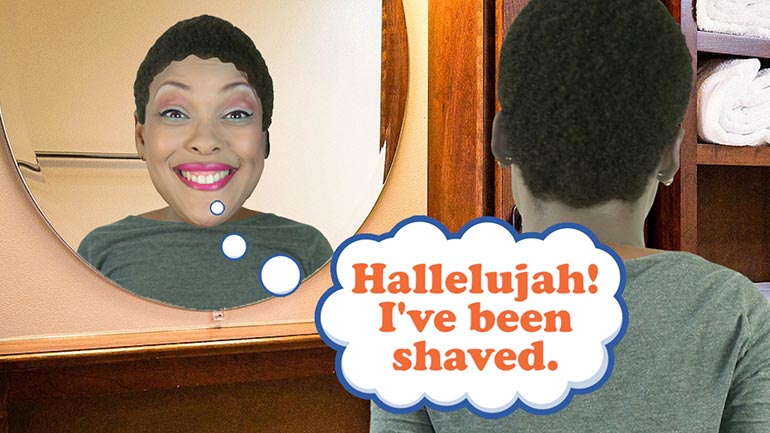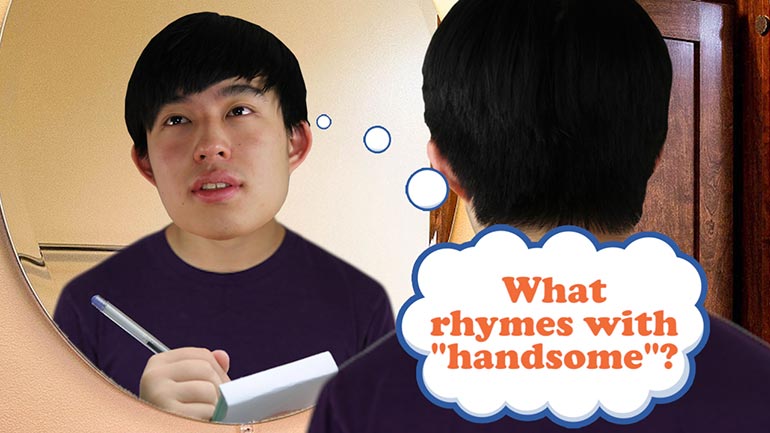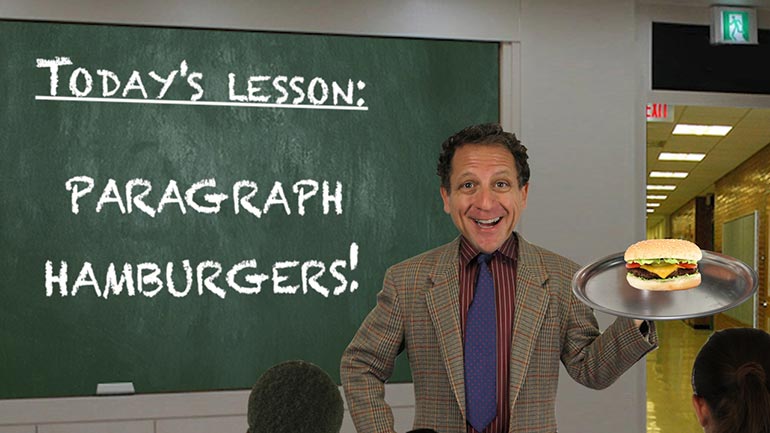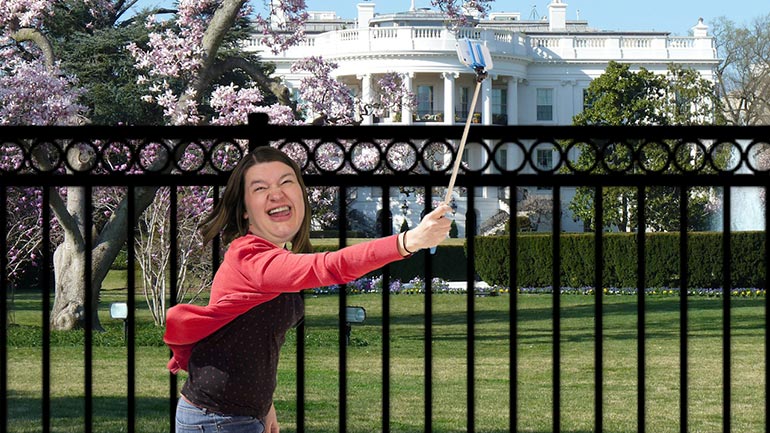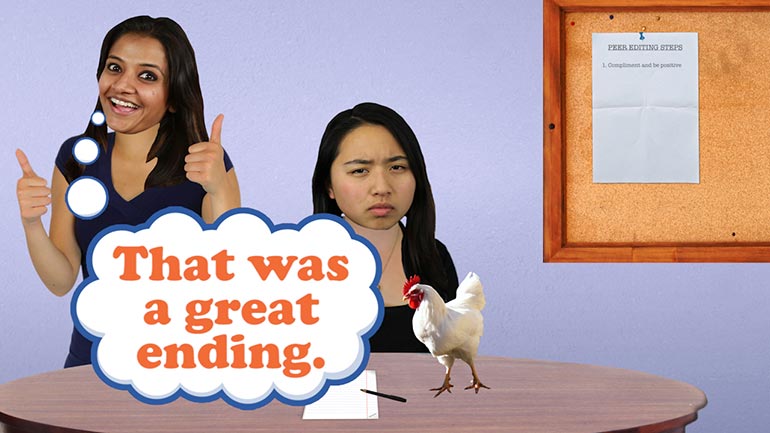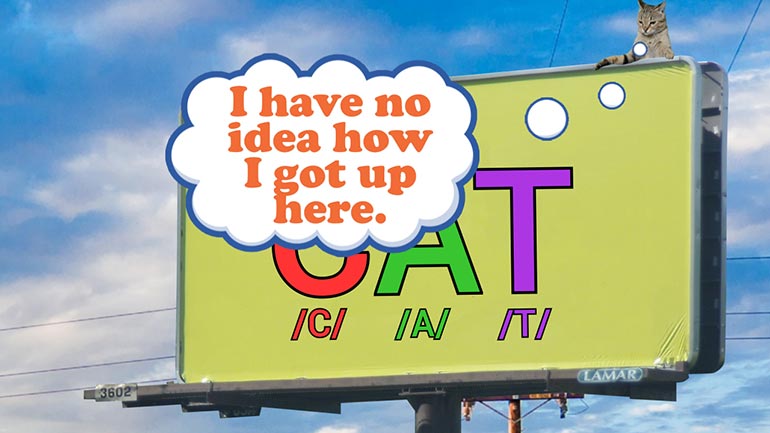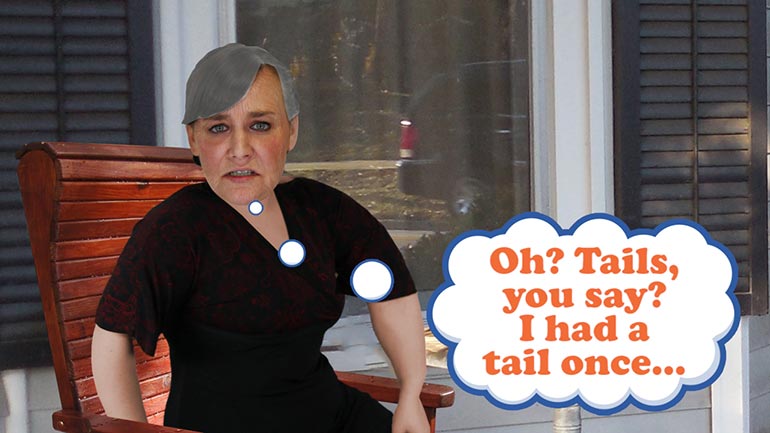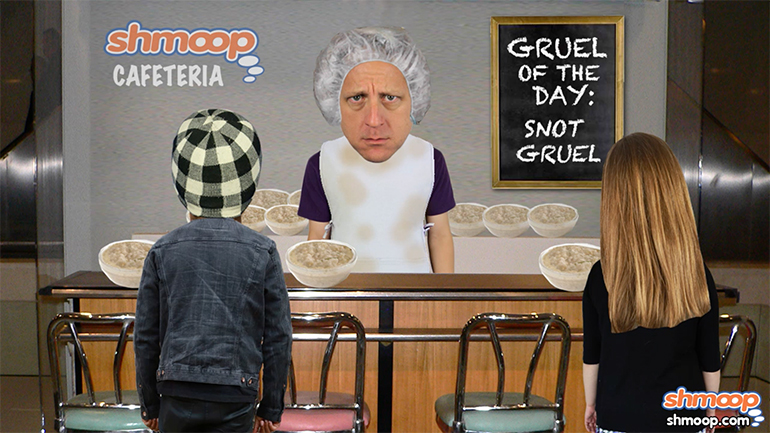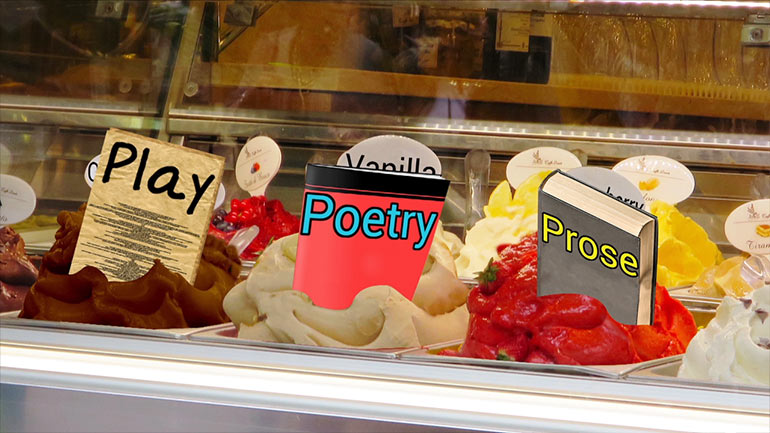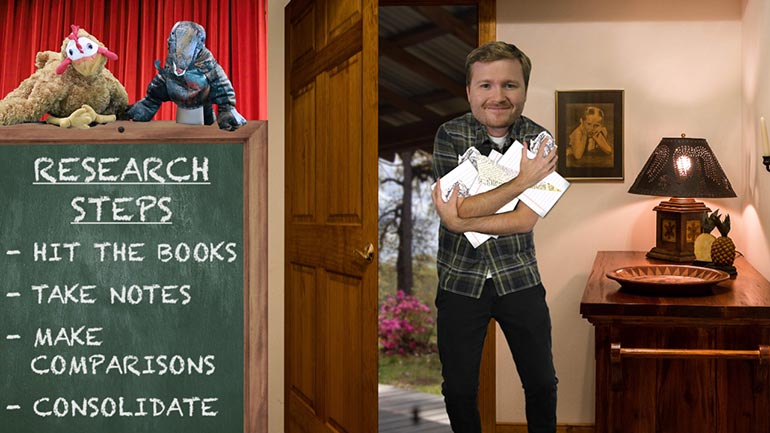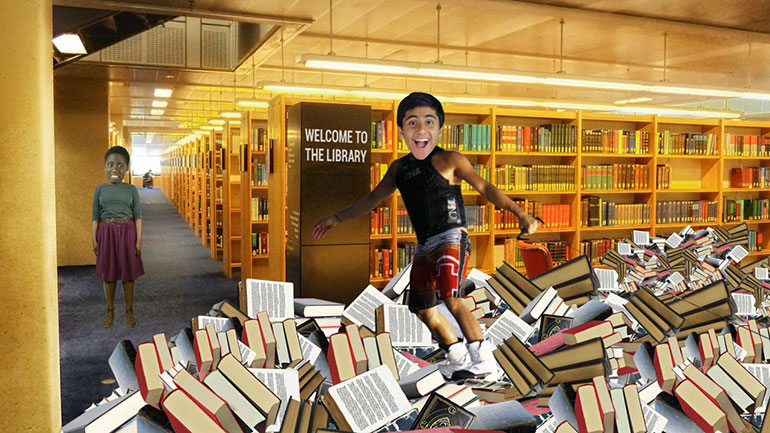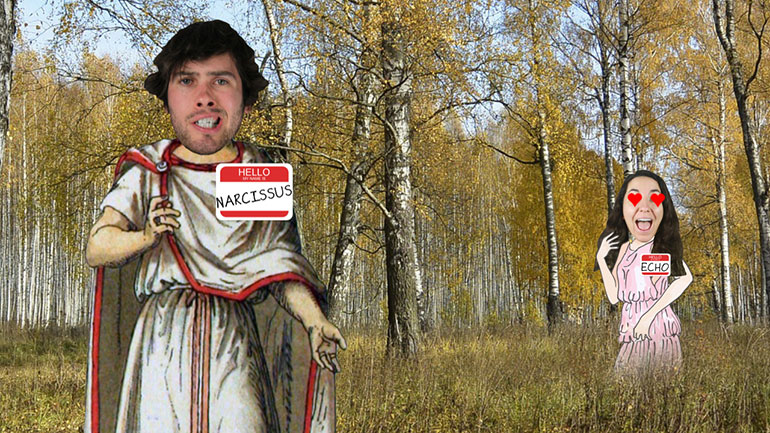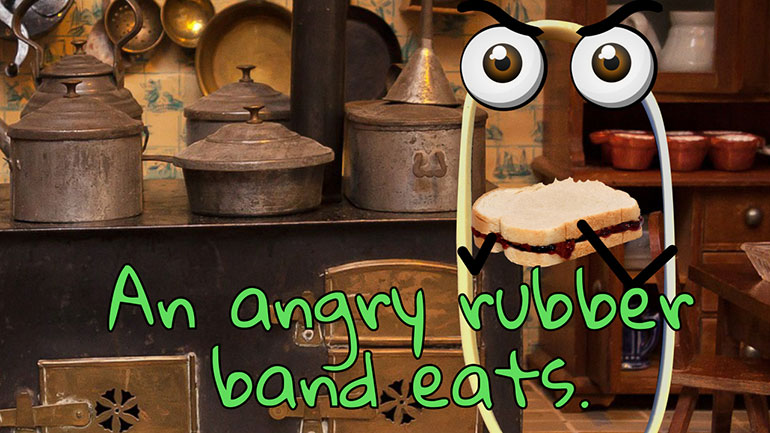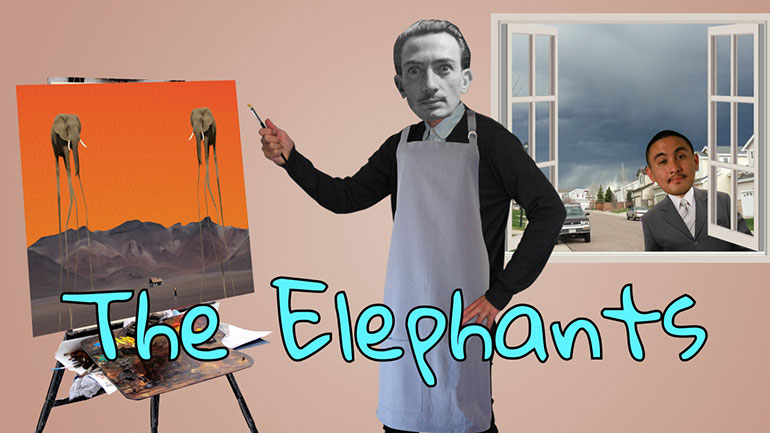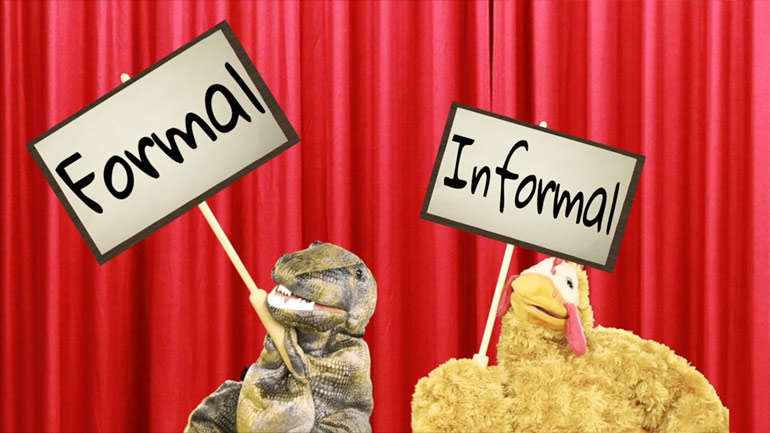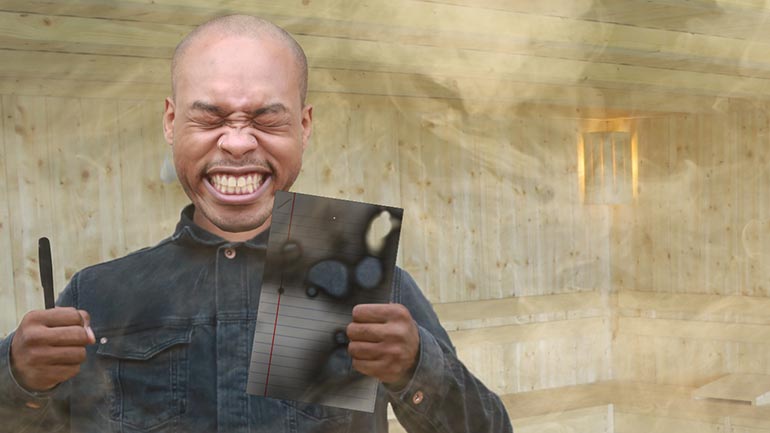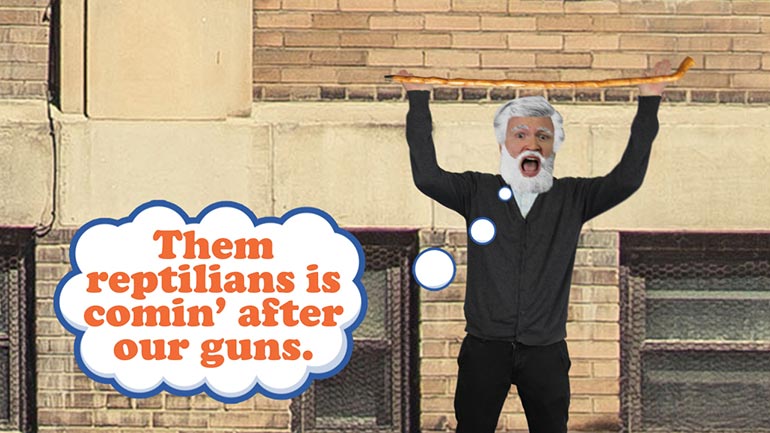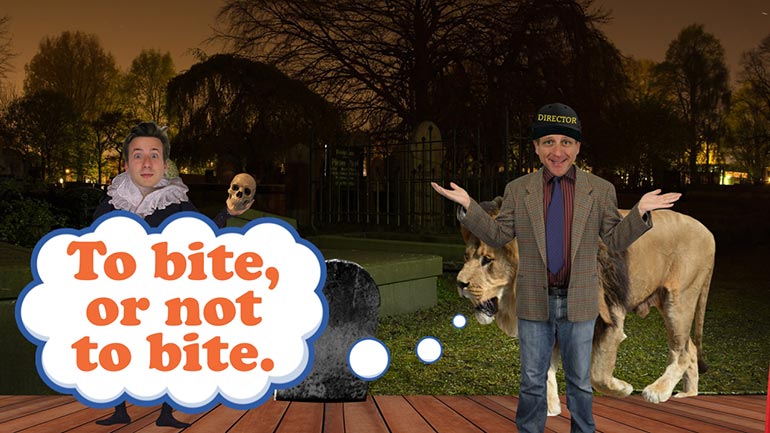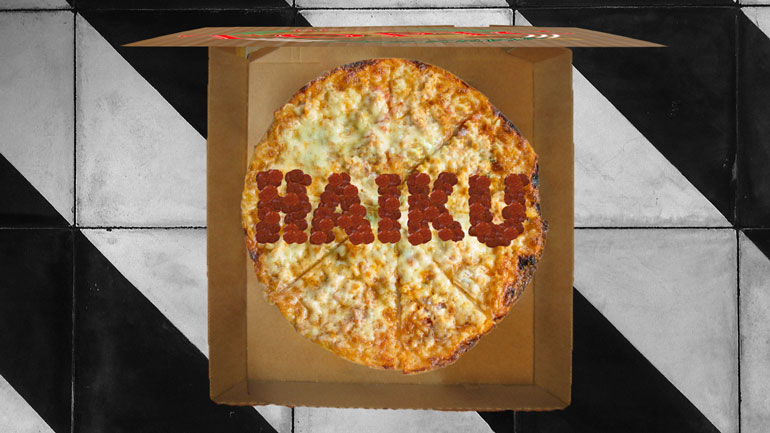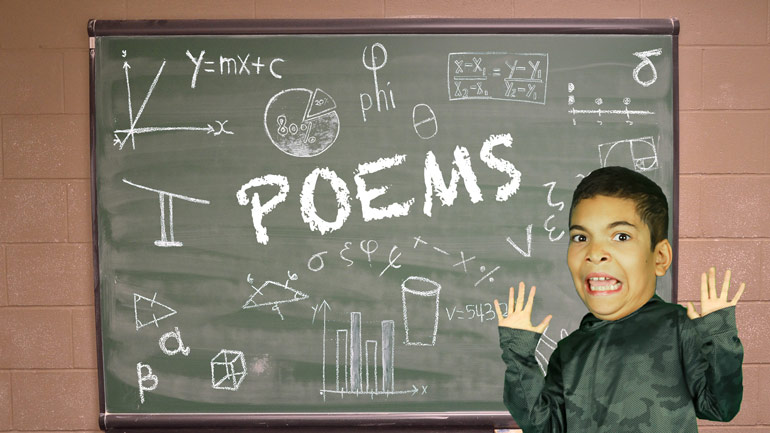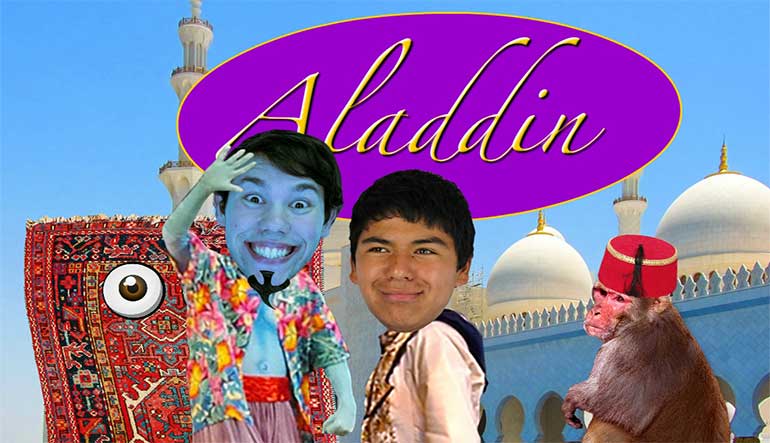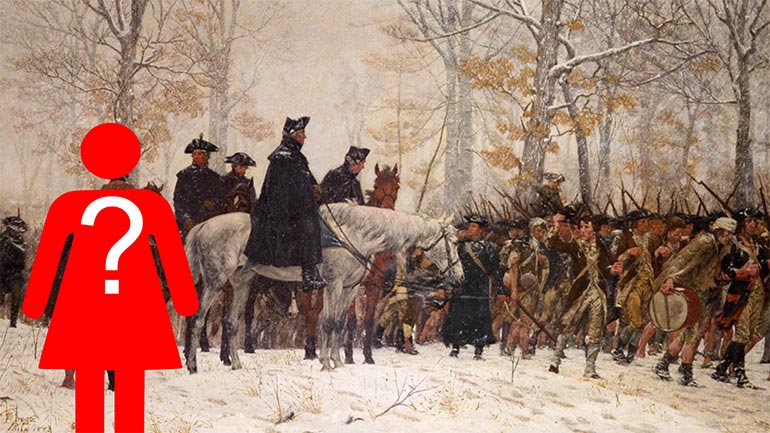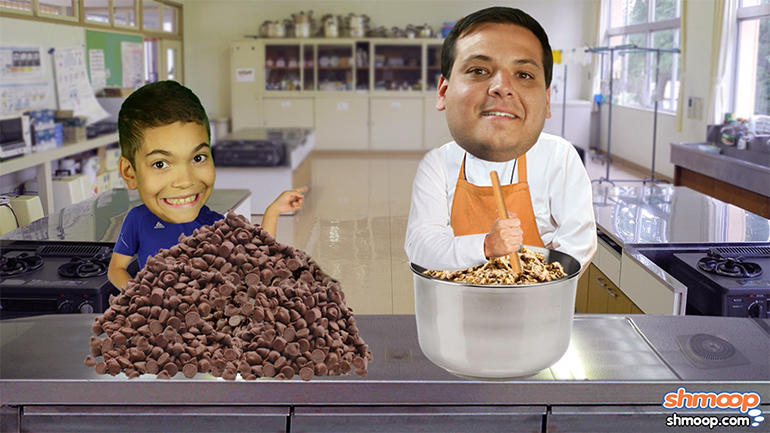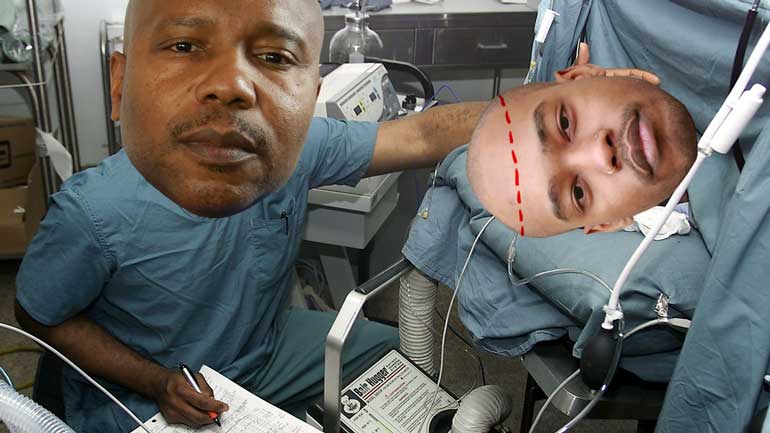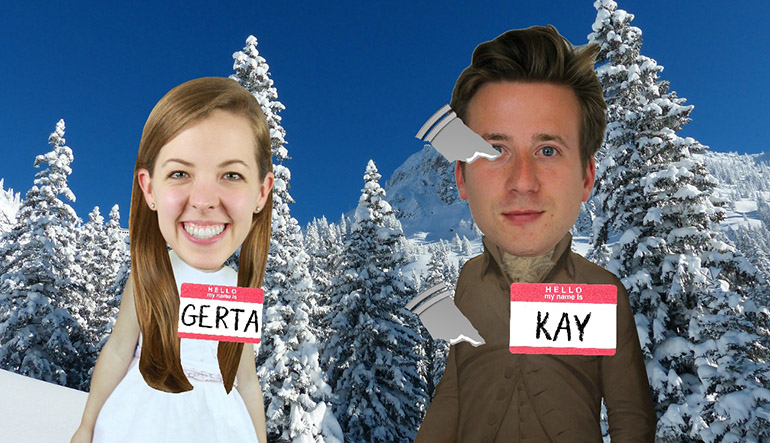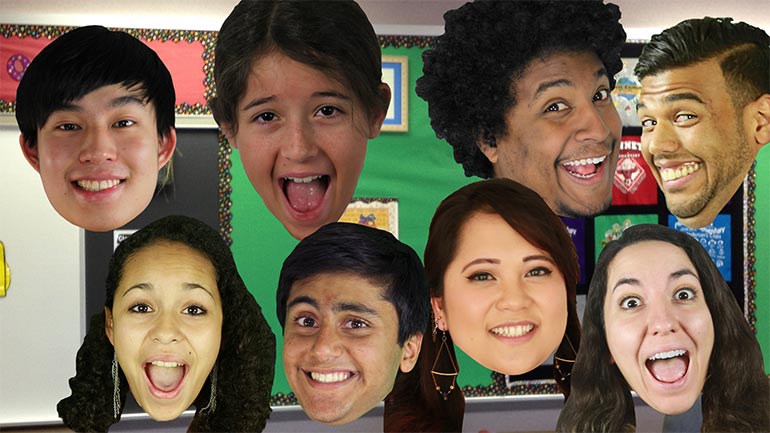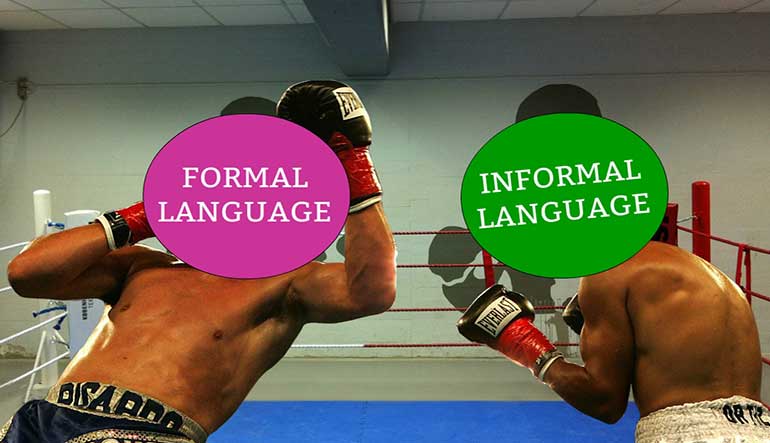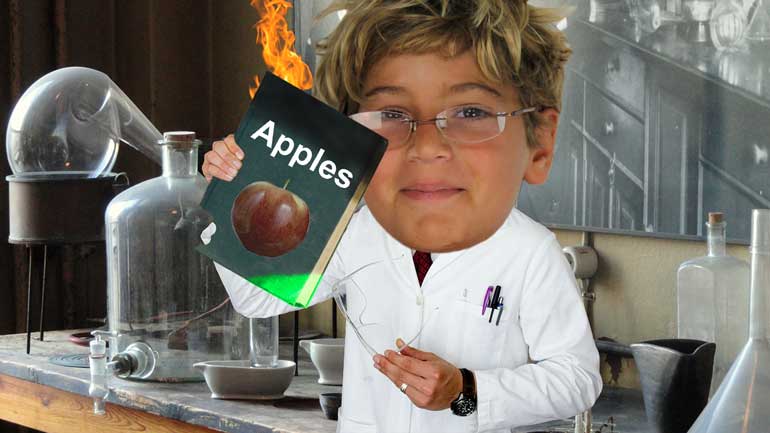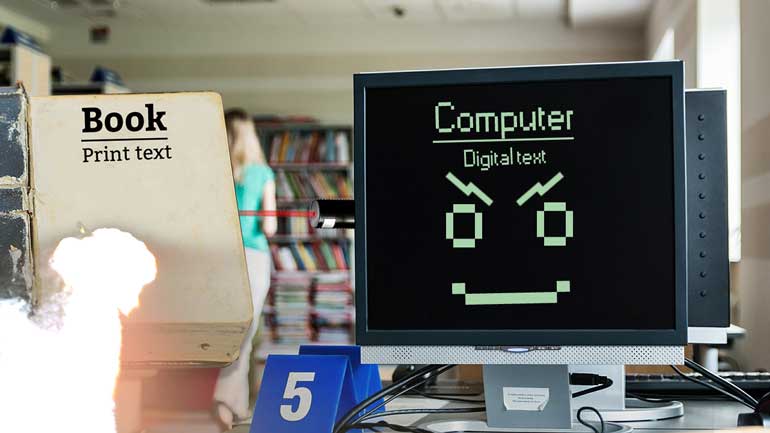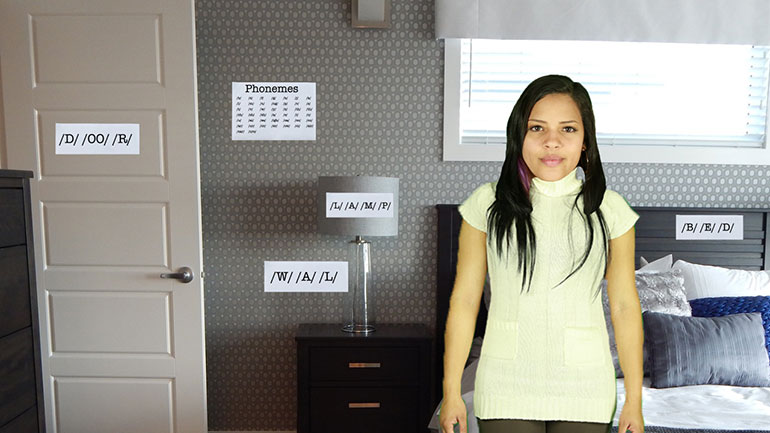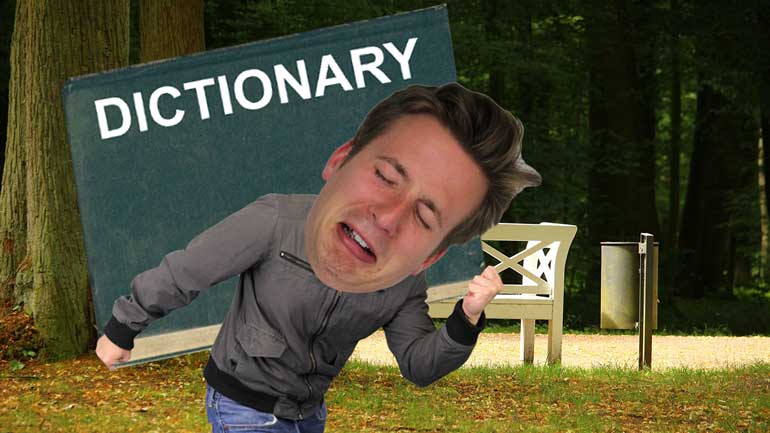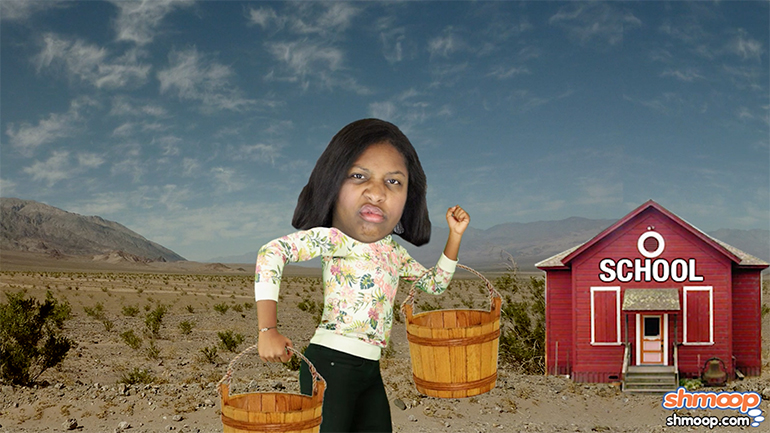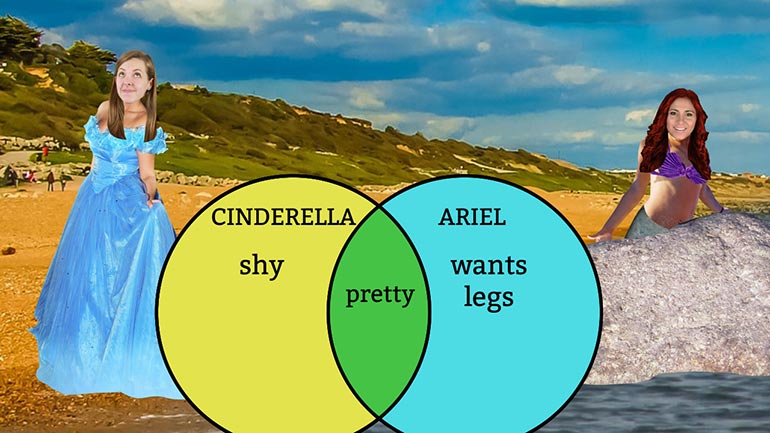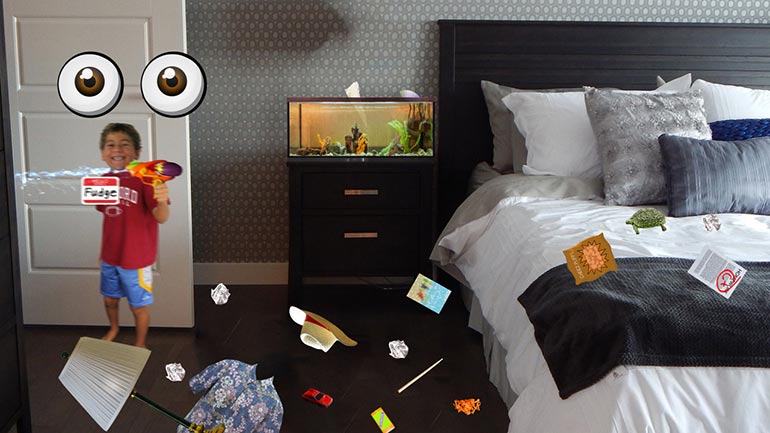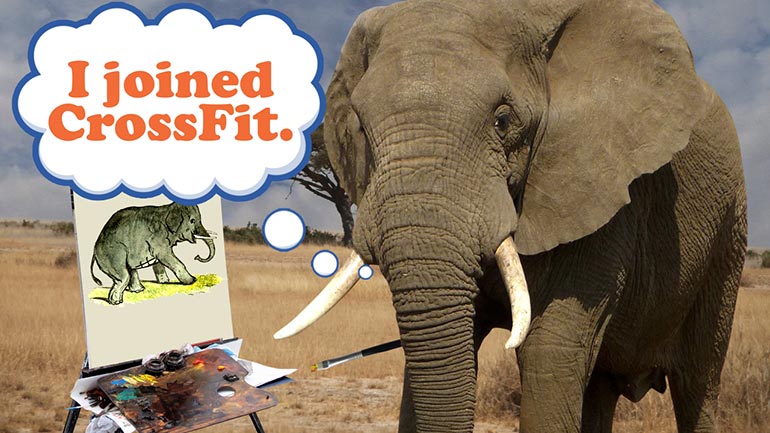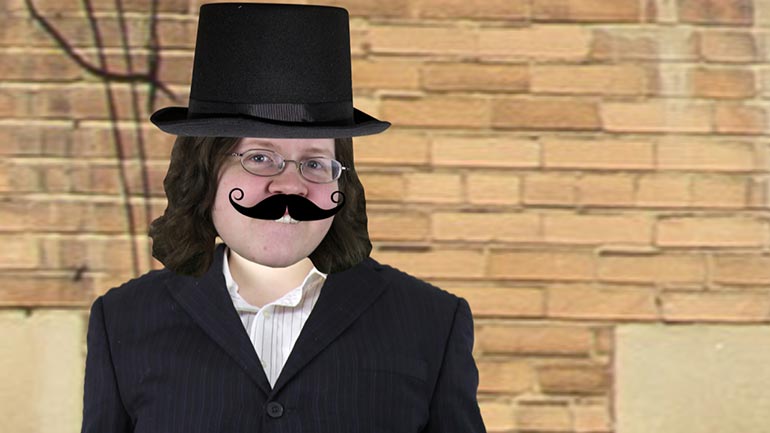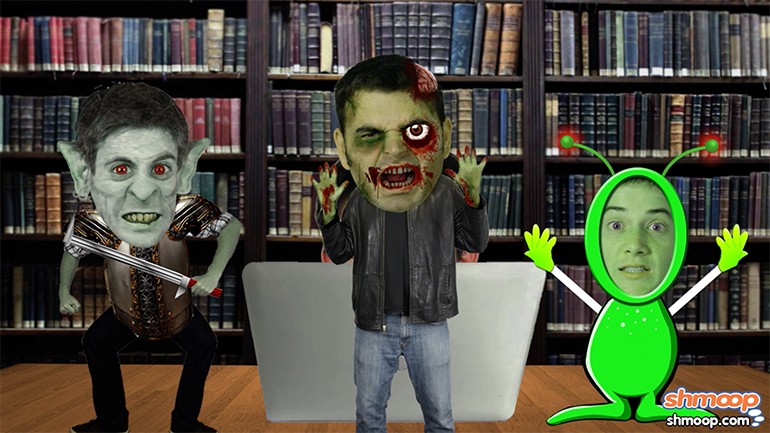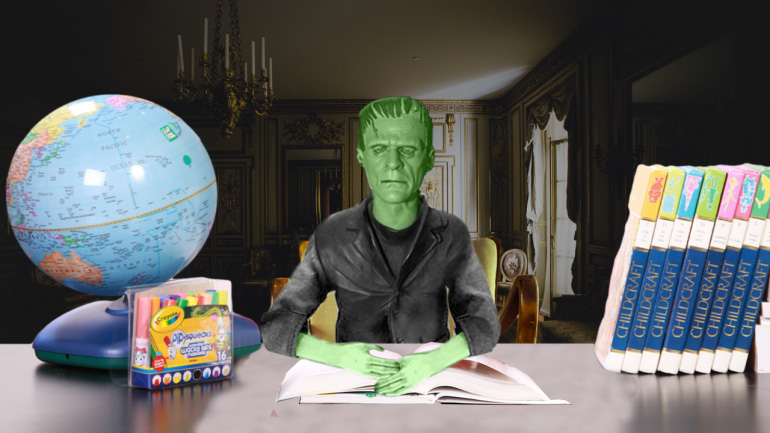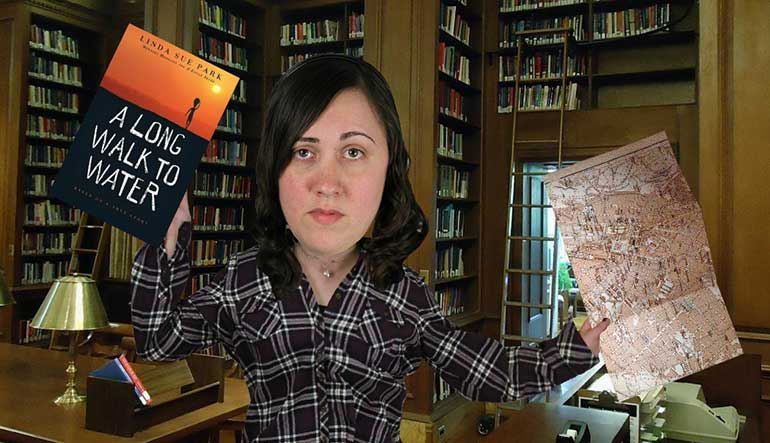ShmoopTube
Where Monty Python meets your 10th grade teacher.
Search Thousands of Shmoop Videos
Language Arts Videos 92 videos
In this lesson we'll subject you to some verbs and predicates. Each one is a necessary part of a complete breakfas—er...sentence.
Choosing words carefully is important. You may end up vexing the assemblage of citizens you're conversing with...or you might even just plain bore...
ELA 4: Peer Editing 241 Views
Share It!
Description:
Pier Editing. Wait, no...Peer Editing? Can you watch the video and then help us on this one?
Transcript
- 00:04
[Coop and Dino singing]
- 00:13
Today's topic is peer editing.
- 00:16
Uh, no. That’s a good way to get somebody to take a long walk of a short pier, [Man falls off a pier into the ocean]
- 00:20
but…different kind of peer.
- 00:21
To understand what the term means, let’s take a look at the meaning of each of the
Full Transcript
- 00:24
words on their own.
- 00:26
First comes “peer,” which, when we're talking about school, simply refers to a classmate. [Students sitting in a classroom]
- 00:30
Next comes “editing” which means to change, correct or improve something.
- 00:34
So clearly, peer editing means editing your classmates in order to make them better! [Rubber erases mans hair and beard]
- 00:39
Okay…maybe not.
- 00:40
Peer editing is actually a process people use to make their writing even better.
- 00:45
Let's say your friend wrote a narrative poem about her pet chicken, and she called the
- 00:48
poem, “Mr. Clucker's Crazy Day.” [Girl holding poem]
- 00:50
Sounds pretty good already, right?
- 00:51
Well, sometimes, it's hard for the person who wrote the piece of writing to properly
- 00:55
edit it, simply because they're the one that wrote it. [Girl sitting at a table and chicken walks past]
- 00:58
Sometimes, it helps to have someone else, like a peer, edit it for them, to give feedback
- 01:04
and advice. That's where you come in.
- 01:05
There are a few steps a good peer editor must always follow – and trust us, it's important
- 01:10
to follow these steps, because if you don't, you could end up really hurting the other
- 01:13
person's feelings and destroying their drive and self-confidence…
- 01:15
…which should really be more reserved for your enemies.
- 01:19
Step one, compliment the author and tell them everything you liked about the writing. [Step 1 of peer editing steps]
- 01:24
It's important to start with the good to make them feel comfortable and let them know you
- 01:27
aren't there just to tell them where they went wrong.
- 01:30
Step two, give specific suggestions about bigger picture stuff…overall structure, [Dino discussing big picture stuff]
- 01:34
development of characters, and so on.
- 01:37
Step three, identify any specific spelling and grammatical errors you might have found.
- 01:42
Here’s your chance to play proofreader.
- 01:44
Lastly, remember to be kind and honest, and always give critiques in the way that you [Girl looking at herself in a mirror]
- 01:49
want to be critiqued yourself.
- 01:51
People are often very close to their writing, so it's important to be sensitive.
- 01:55
Now that we know the four steps of being a good peer editor, let's try them out.
- 01:59
Take this poem about peanut butter.
- 02:03
Now let's critique, starting with step one, saying what we like about it. For this step,
- 02:08
we could say that we like how it rhymes…and that we think peanut butter is a funny thing [Rhyming words highlighted and jar of peanut butter appears]
- 02:11
to write a poem about.
- 02:12
Next, we could move on to step two, where we give specific helpful suggestions. Perhaps
- 02:17
our suggestion would be to use a more interesting adjective than “good,” to describe the
- 02:21
taste, since the word “good” kinda just…sticks to the roof of your mouth. [Man chewing peanut butter]
- 02:25
So…maybe we suggest they change it to “yummy.”
- 02:27
And then, because we need the poem to rhyme, we could change the last line to something
- 02:31
like, “It would always fill my tummy.”
- 02:33
Step three is to help with any spelling or grammatical mistakes we find, so we could
- 02:37
help out there, too. “Every” is missing an “e.” There. Much better.
- 02:41
Now, since we made sure to be nice throughout that entire process… we're done!
- 02:44
And that's how easy it is to be a nice and helpful peer editor. [Girl escorts peer out of the door]
- 02:48
Although…being a rude and unhelpful peer editor to your enemies has its upside as
- 02:52
well…
Related Videos
Sticks and stones, right? Well...only sometimes. It's a good idea to make sure your words aren't going to hurt others. Let's look at some ways to d...
Learn to debate like a champ. It's way better than debating like a chimp. That just takes mudslinging to a whole new level.
Today we'll learn about biographies and autobiographies. And no, the second one has nothing to do with the lives of cars.
In this lesson we'll subject you to some verbs and predicates. Each one is a necessary part of a complete breakfas—er...sentence.
Choosing words carefully is important. You may end up vexing the assemblage of citizens you're conversing with...or you might even just plain bore...

